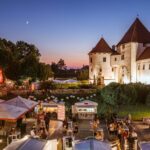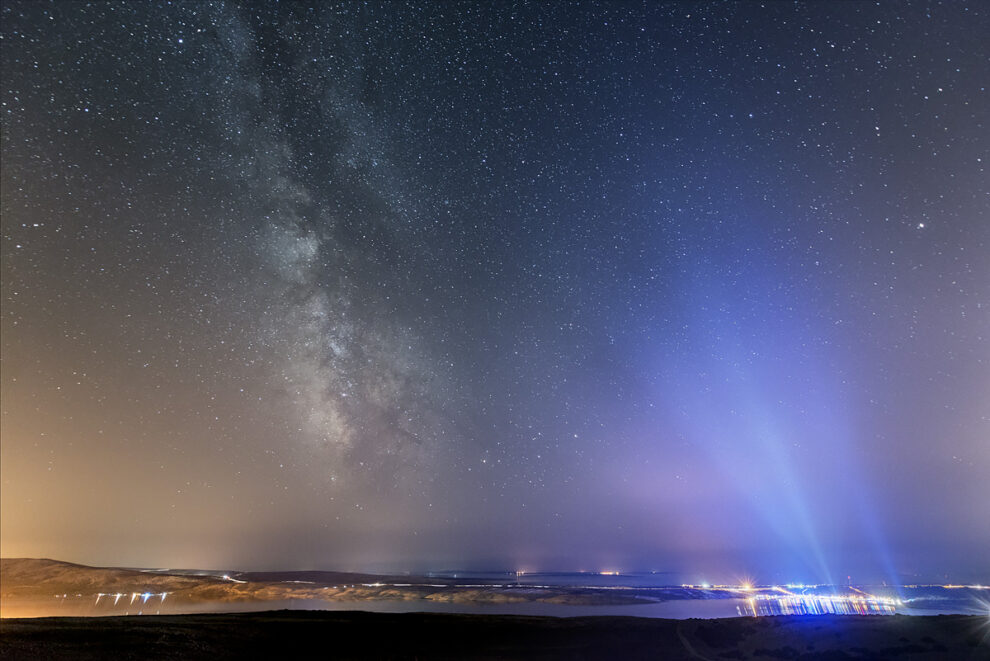Light pollution in Croatia is a serious problem. It negatively affects the environment and the health of people and animals. A large part of the problem is public lighting. The sky above Zagreb at night is brighter than the sky above much larger European and even world capitals.
As Poslovni/HRT write, light pollution in Zagreb is worse than in Vienna, Budapest and Hong Kong. The sky above the Croatian metropolis is more polluted than even the American city of lights.
“Both Las Vegas and other places. Measuring was done around the world, and we were always taken aback. On average, our cities are five times brighter than Augsburg,” said Korado Korlevic, an astronomer.
He knows very well how dangerous light pollution is. Even the work of the world-famous observatory in Višnjan was threatened due to public lighting. And it negatively affects a person’s body temperature, blood pressure, heart rhythm and hormonal balance.
“The alternation of light and dark affects all living things on earth, and we are part of it. We also have a part within our body, in the brain, that regulates the internal clock and organizes the circadian cycle. We now have street lights that turn on at three in the morning in many places in Croatia as if it were 9 p.m., completely unnecessary,” said Korlevic.
POSSIBLE CONSEQUENCES OF LIGHT POLLUTION IN CROATIA
The consequences can even lead to the disappearance of certain animal and plant species.
“Bats come to feed on those lights because there are a lot of insects around those lights, however, the bat then becomes prey because the owl will catch it much easier with the lamp than if it has to catch it in complete darkness,” explained Mirna Mazija, a biologist.
A new Law on Light Pollution in Croatia was adopted four years ago, but it has only been fully implemented from February of this year, when the last two regulations were adopted. The 12-month period within which local self-government units must adopt a Lighting Plan began then.
“We are currently in the process of creating a lighting plan. The lighting plan defines the areas and the lighting of certain areas according to their purpose and should be consistent with the spatial plan. It has some mandatory content that needs to be adopted; it has a textual part, a graphic part, etc., said Ana Pavičić Kaselj, head of the Office for Economy, Environmental Sustainability and Strategic Planning of the City of Zagreb.
The deadline for adopting the Plan expires in just four months. After that, cities and municipalities have up to 11 years to bring outdoor lighting into line with the law. And the situation is already alarming.
Source : Total Croatia News



































